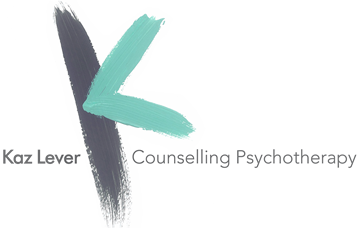What happens in counselling?
So what happens when you come to counselling?
I was talking to a friend recently who’d asked about my work and she’d wondered, if she went to a therapist, whether she’d get to lie on a couch and if she’d be expected to cry. Well I’ve a nice comfy sofa and a couple of chairs in my practice at home and some more chairs at the clinic in Norwich where I’m also part of a practice, and if someone really wanted to they could lie down…but no one is ‘expected’ to cry (but you can if you want) – or to do anything in particular.
Counsellors or psychotherapists (the titles are more or less interchangeable – at one time psychotherapy was mostly associated with psychoanalytic methods but that’s not the case any more) all differ in terms of approach and set-up but what you should be able to expect is that you will be seen in a private, secure room and be listened to by someone who is trained to do so therapeutically (the BACP, British Association of Counsellors and Psychotherapists, is a good place for finding a qualified practitioner).
In terms of how I work, I’ve been trained largely in the Person-Centred approach, a method of counselling, or psychotherapy, developed by Carl Rogers back in the 1940s which is aligned with other Humanistic approaches to therapy. Rogers was trained in clinical psychology and psychoanalysis and it was during his time working with patients that he came to see the limitations of simply analysing/interpreting behaviour and instead started encouraging patients to take the lead. The idea was to be guided by whatever was brought into the therapy space by the client, in whatever way the client chose.
Rogers’ emphasis on empathy, or understanding, and non-judgemental listening are now considered to be the basis of all good counselling work, as are trust, confidentiality and a safe space to share your thoughts in. The rest, in our therapeutic space, can be up to us. We start with your brief outline of what has brought you to counselling, then we begin wherever seems appropriate, at whatever pace feels right. I see clients both at my Suffolk home and in Norwich – www.norwichcounsellinggroup.co.uk – maybe see you soon?
